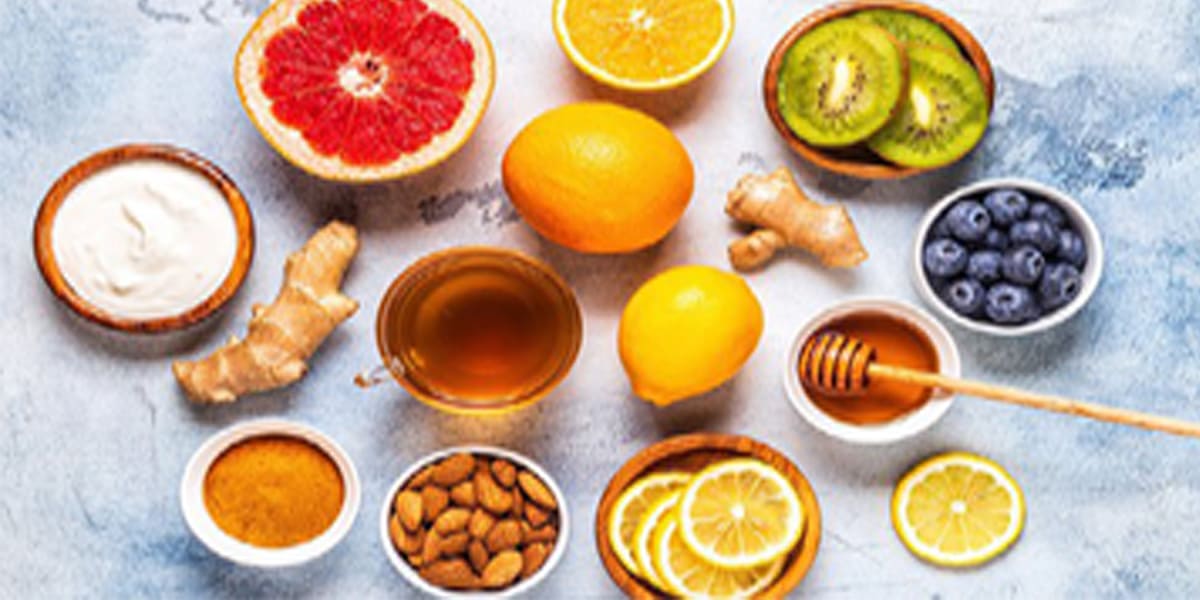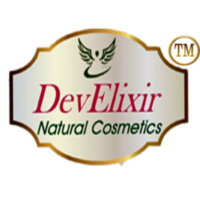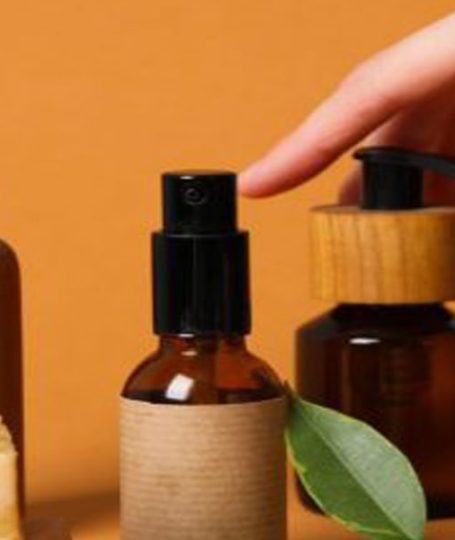No products in the cart.: ₹0.00
From Parabens to Pomegranate: Exploring Natural Cosmetic Preservatives

The Importance of Preservatives in Skincare and Cosmetics
In recent times, the topic of preservatives in skincare and cosmetic products has become a subject of great interest, largely due to the controversies surrounding synthetic preservatives. It is crucial to emphasize that all skincare products, whether they are labeled as “natural” or not, must be adequately preserved to prevent the growth of harmful microorganisms and spoilage. This is especially important for products that contain a significant amount of water, such as creams, lotions, and gels. Adequate preservation not only ensures the safety of these products but also extends their shelf life, making them usable for a specified period.
The Role of Synthetic Preservatives
Synthetic preservatives like parabens, phenoxyethanol, sodium benzoate, and potassium sorbate have been widely used in personal care products, pharmaceuticals, and even foods. Their popularity stems from their efficiency at low concentrations. However, concerns about the safety of certain synthetic preservatives, particularly parabens, have prompted their removal from many commercial products. This trend is also visible in the food industry, where some synthetic preservatives are being substituted or phased out.
The Challenge of Natural Alternatives
The challenge facing the “natural products” industry is finding preservatives that are both as effective as synthetic ones and less controversial. While homemade beauty products designed for immediate personal use may not require preservatives, commercial cosmetics rely on a combination of natural extracts and botanicals. These natural preservatives should not only provide a sufficient shelf life but also protect products from deterioration and spoilage. Manufacturers often use multiple natural preservatives to achieve these objectives. Additional techniques, such as using amber or dark blue glass containers and UV-filtering bottles, are employed to reduce photo-oxidation and further extend the shelf life of products.
Natural Alternatives: A Solution
Choosing natural alternatives doesn’t mean eliminating preservatives altogether; it means selecting natural options. Several highly effective all-natural preservatives are available, and they can be easily found online or at local vitamin stores. These include:
- Grape Seed Extract (GSE): GSE is a potent natural preservative known for its ability to extend the shelf life of products. A concentration of 0.5 percent is typically sufficient.
- Tea Tree Essential Oil: Tea tree essential oil possesses antimicrobial properties and can serve as a natural preservative.
- Rosemary Oil or Rosemary Oil Extract: Rosemary extract acts as an antioxidant and natural preservative. An effective concentration is 0.1 percent.
- Vitamin E (T-50 Vitamin E Oil): Vitamin E, or tocopherol, is a natural antioxidant that can protect cosmetic formulations. A recommended concentration is 0.04 percent.
- Pomegranate Seed Oil: Pomegranate seed oil can also function as a natural preservative in skincare products.
It’s essential to check the specific concentration recommendations for each natural preservative to ensure they effectively extend the shelf life of your products.
Nature-Identical Preservatives
In some cases, producers may use “nature-identical” preservatives, which, while not entirely natural, are permitted. However, transparency on product packaging is crucial to inform consumers about their use, ensuring full disclosure and transparency.
In Conclusion
In the world of skincare and cosmetics, the use of preservatives is essential for maintaining product safety and extending their shelf life. Natural preservatives provide effective alternatives to synthetic ones. To achieve the desired results while prioritizing consumer safety and product quality, it is crucial to follow recommended concentrations and techniques.
BY
DEVELIXIR & TEAM




